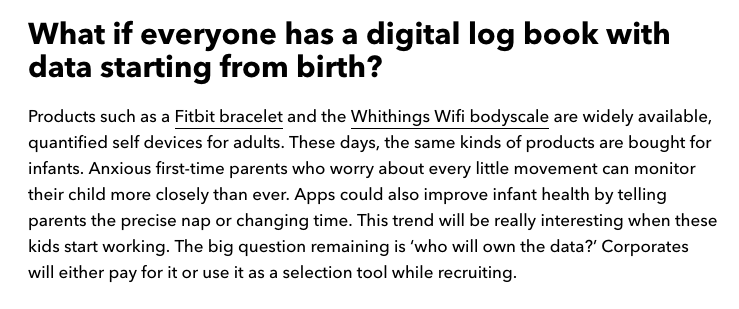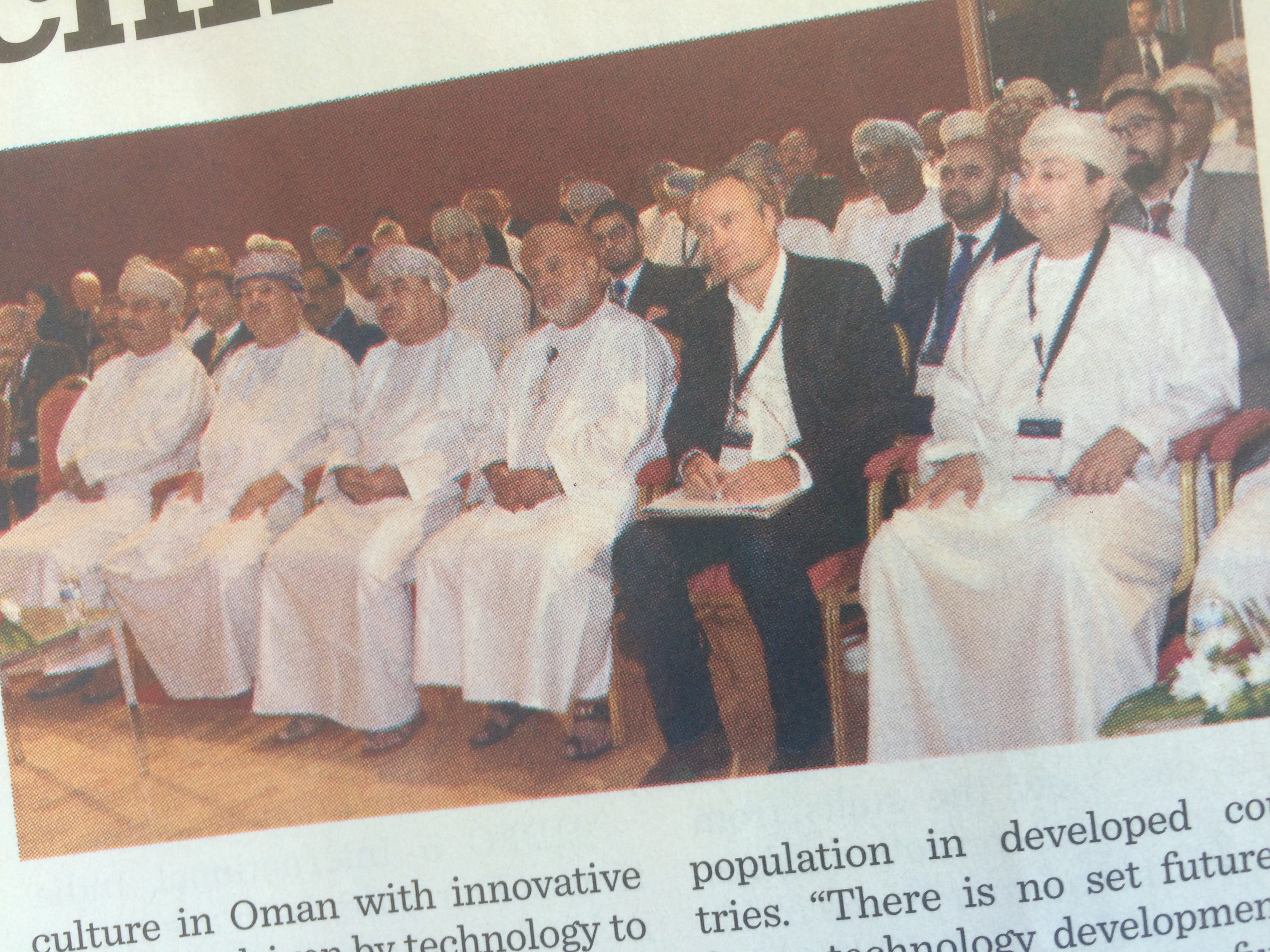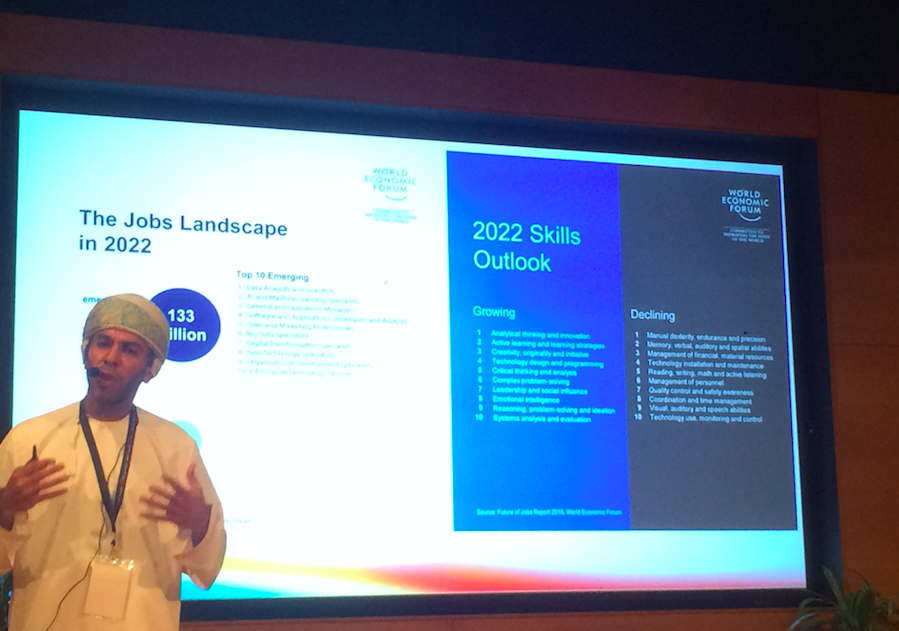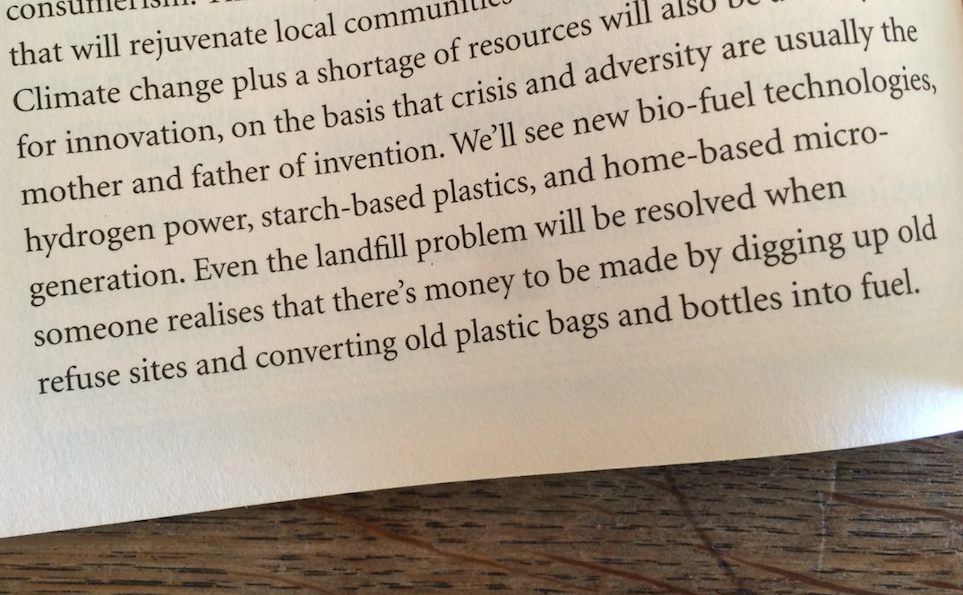
I’ve been attending a conference called the Singularity Summit: Imagination, Memory, Consciousness, Agency and Values, part of the AI and Humanity series at Jesus College Cambridge. One of the great things about going to Jesus College is you can stand in the taxi queue outside Cambridge station and shout the immortal line: “Is anyone else waiting for Jesus?”. Anyway, a wonderful two days. A few standout quotes below. BTW, one thing that really stood out for me talking to people that work in serious AI research is the degree to which they are almost anti-tech. They don’t use computers outside of work, they have dumb phones or none at all, they aren’t on social media, they avoid digital media and they like to read and write using paper (“they (digital products) scatter your brain.”).
“Experts on X are rarely experts on the future of X.”
“There is no definition of intelligence that isn’t political.”
“The robots won’t take over because they couldn’t care less.”
“The fear of the arts and humanities people is that there isn’t anything unique about humans…the fear of the (AI) scientists and engineers is that there is.”
“Rapid change makes the future harder or even impossible to predict”
“The human mind cannot merely be a matter of matter”
“Experience drives perception.”
“Humans need comfort…they need to feel safe.”
“Machines that can substitute for intelligence.”
“Thoughts change with bio-physical change.”
“Humans develop over time. Machines don’t.” *
“The fantasy (fetish?) of the asocial person.”
“Is it wrong to steal from a robot?”
“Machines that are made to suffer”
“AI is a corporate idea” (i.e. born of the military-industrial complex)
(The world is being designed by) “WEIRD people (Western, Educated, Industrialised Rich, Democratic” (to which I might add people on the spectrum).
(Perhaps we develop) “a nurturing process for robots” **
* Links to a lovely idea – software that rusts.
** Would contradict machines not developing over time. (i.e. we release robots – or embodied AIs – into the world to learn over an extended period in much the same way that humans do. It might take a (human) lifetime, but you may only have to do it once.
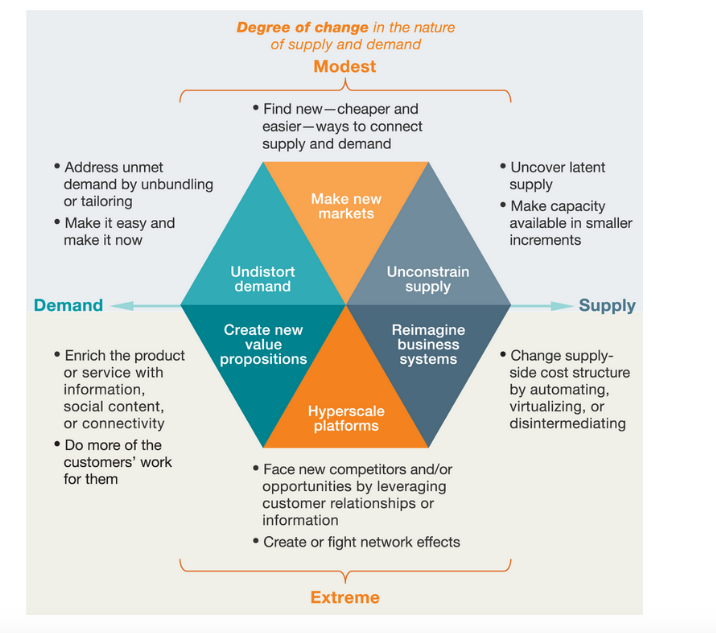 A nice chart to, perhaps, use alongside my Table of Disruptive Technologies. I do like the point about looking at the fundamentals of supply and demand. In my view, not enough airplay is being given to what is NOT changing.
A nice chart to, perhaps, use alongside my Table of Disruptive Technologies. I do like the point about looking at the fundamentals of supply and demand. In my view, not enough airplay is being given to what is NOT changing.
